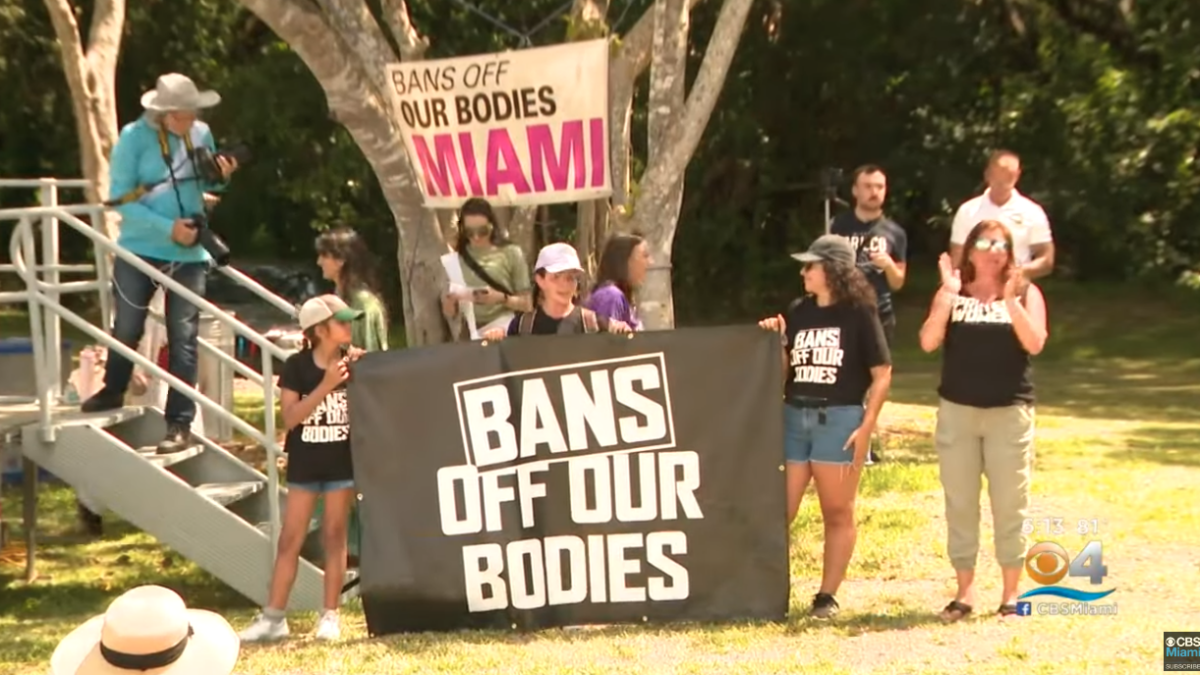The Biden administration’s lawyer scrambled on Tuesday to explain to the U.S. Supreme Court how a 1986 federal law that promotes preserving the health of the mother and her “unborn child” in medical emergencies should require Idaho hospitals to perform abortions against exceptions outlined in state law.
Idaho’s Defense of Life Act law, which went into effect in August 2022, prohibits abortion except in cases of rape, incest, or if a physician deems it necessary to save the mother’s life. The federal government, adamant about advancing President Joe Biden’s abortion agenda, sued Idaho over its popular life law.
The Department of Justice hinged its lawsuit on a manufactured federal abortion mandate that came through the Biden administration reinterpreting the Reagan-era Emergency Medical Treatment and Labor Act (EMTALA). The Centers for Medicare and Medicaid Services (CMS) created the expansion after Biden issued an executive order demanding it in the wake of the Supreme Court’s Dobbs v. Jackson ruling.
EMTALA, designed to stop hospitals from turning away patients based on their inability to pay for their expenses, explicitly does “not preempt any State or local law requirement, except to the extent that the requirement directly conflicts with.” The Biden administration, however, claimed abortion should be classified as a “stabilizing” procedure “irrespective of any state laws or mandates that apply to specific procedures.”
After a series of conflicting court rulings and appeals, the Supreme Court issued a stay in January that allowed the enforcement of the life-saving law throughout the judicial process. During the questioning portion of Tuesday’s Moyle v. United States oral arguments, Justice Samuel Alito asked Solicitor General Elizabeth Prelogar to explain how the federal government reconciled EMTALA’s clear-cut mention of babies in the womb with CMS’s abortion-themed expansion of the law.
“One potentially very important phrase in EMTALA has hardly been mentioned. Maybe it hasn’t even been mentioned at all. And that is an imposed reference to the woman’s ‘unborn child.’ Isn’t that an odd phrase to put in a statute that imposes a mandate to perform abortions?” Alito questioned.
Prelogar dodged the question but was pressed again by Alito to explain why a statute that the federal government claims covers abortion would mention the unborn baby.
“It seems that the plain meaning is that the hospital has tried to eliminate any immediate threat to the child. But performing an abortion is antithetical to that and duty,” Alito noted. “You go so far as to say that the statute is clear in your favor. I don’t know how you can say that in light of those provisions that I’ve just read to you.”
Prelogar claimed Alito’s concern shouldn’t matter because “in many of the cases you’re thinking about, there is no possible way to stabilize the unborn child because the fetus is sufficiently before viability.”
“The pregnancy is inevitably going to be lost, but Idaho would deny women in that circumstance even though it’s senseless,” Prelogar continued.
Alito, unsatisfied with Prelogar’s scrambling, doubled down on his suggestion that Idaho’s law seems to preempt EMTALA.
“The statute imposes on the hospital a duty to the woman, certainly, and also a duty to the child. It doesn’t tell the hospital how it is to adjudicate conflicts between those interests and it leaves that to state law,” Alito noted.
Alito also criticized Prelogar after she tried to “get out of what I’ve just outlined” by claiming the definition of “individual” in EMTALA does not include an unborn baby. He rejected this by noting that “dictionary definitions apply only if they are not inconsistent with the statutory text.” The Idaho law, Alito continued, “indisputably protects the interests of the unborn child.”
In her reply, Prelogar accused Alito and others of suggesting that “the woman herself isn’t an individual, that she doesn’t deserve stabilization.” Alito rejected that claim on its face.
“Most of your argument today has been dedicated to the proposition that Idaho has a bad law, and that may well be the case, but what you’re asking us to do is to construe this statute that was enacted back during the Reagan administration and signed by President Reagan to mean that there’s an obligation under certain circumstances to perform an abortion, even if doing that is a violation of state law,” Alito said.
Prelogar didn’t take heat from just Alito over the federal government’s argument in this particular case. She also faced pressure from Justice Amy Coney Barrett after claiming that EMTALA requires states to allow abortions if they receive taxpayer funding, even though the Hyde Amendment prohibits taxpayer-funded abortion.
“This is hugely concerning if the federal government can pay private actors to violate state laws and not just any state law state criminal laws,” Josh Turner, a lawyer for Attorney General Raúl Labrador’s office arguing on behalf of Idaho, said during his concluding argument. “The implications of that are vast. It leaves the federal government unbound by enumerated powers.”
After Prelogar admitted “there are six other states that have severe abortion restrictions without a health exception,” Turner also warned that any states with pro-life laws are at risk of prosecution by the Biden administration.
“This isn’t going to end with the six states that General Prelogar mentioned, because all of the states that have abortion regulations define the health and the emergency exception narrower than EMTALA does. So this question is going to come up in state after state after state is also not limited to physical health,” Turner said in his closing arguments.









